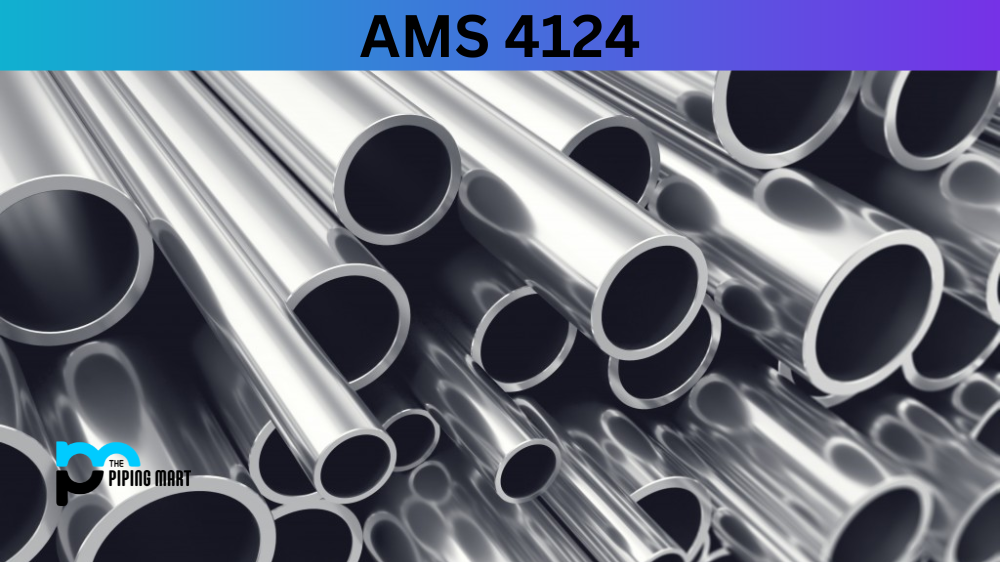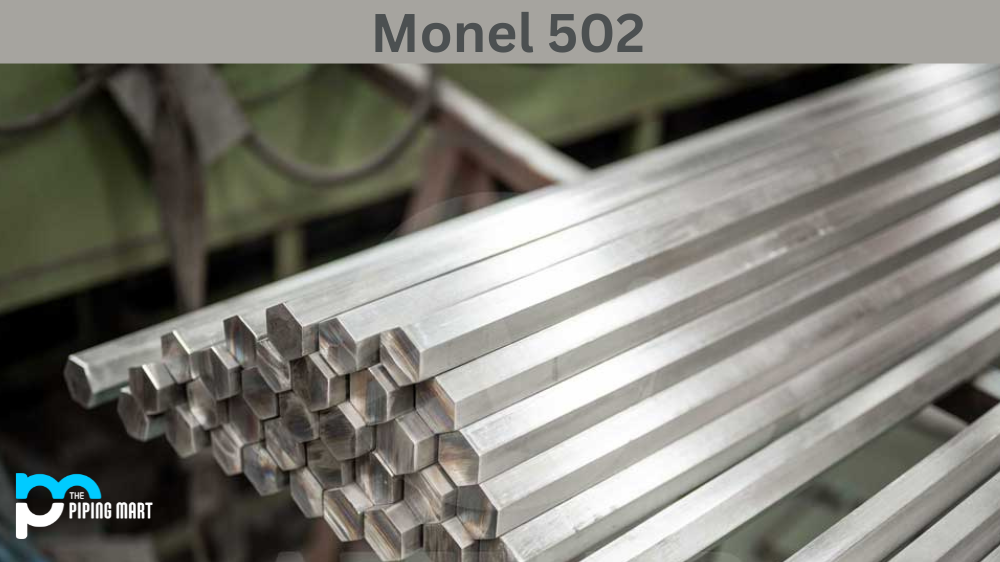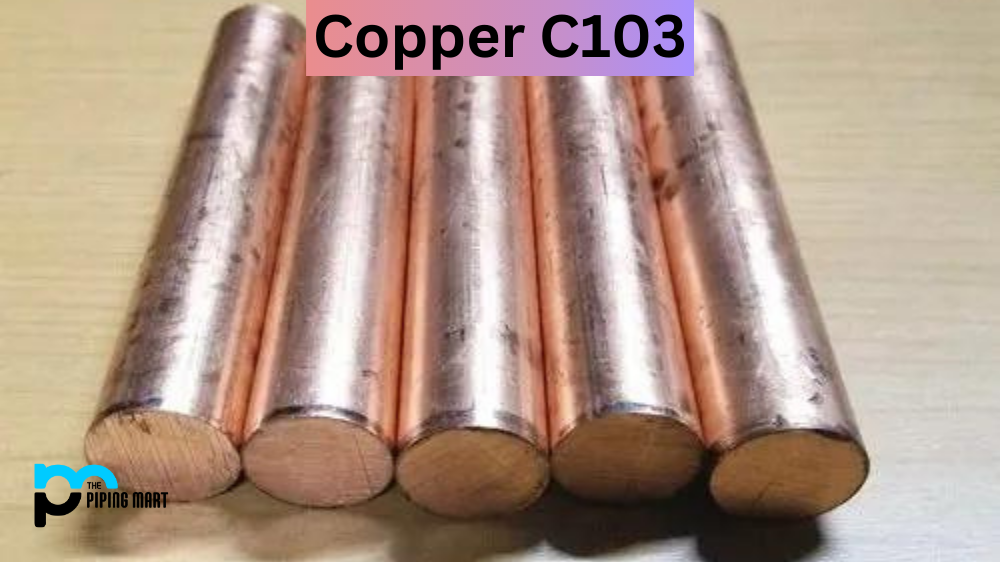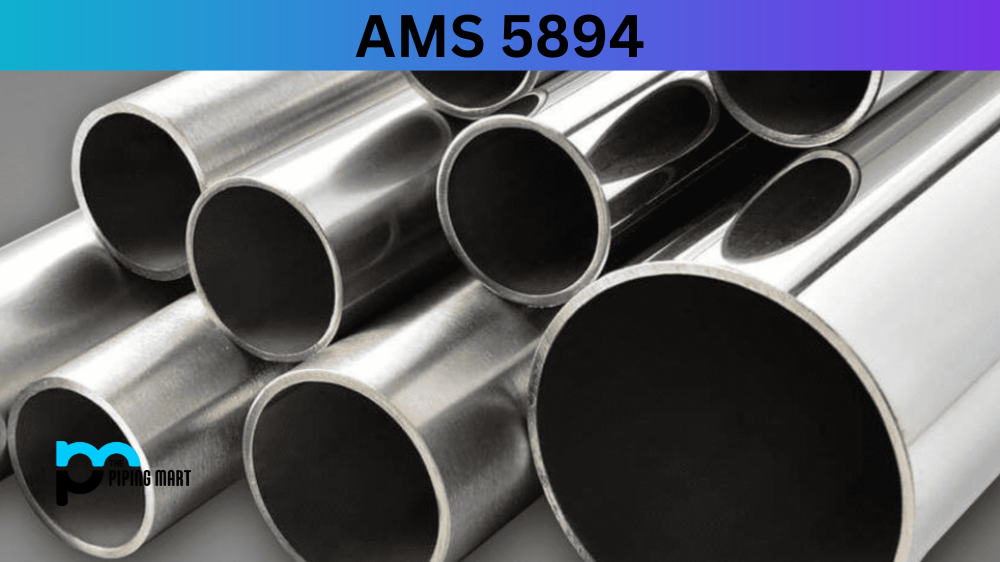In the world of metals and alloys, AMS stands for Aerospace Material Specification, a set of standards used in the Aerospace industry to define the materials suitable for aircraft components. One of these standards is AMS 4124. You might have heard about this specification if you are familiar with metals and alloys. If you have no clue, don’t worry. This informative blog post will help you understand what AMS 4124 is, its composition, physical and mechanical properties, uses hardness, and heat treatment.
What is AMS 4124?
AMS 4124 (also known as 7075 Aluminum Alloy) is a specification standard that is used in the aerospace industry. The standard outlines the requirements for an aluminium alloy that is used in the manufacturing of structural components. This alloy is known for its high strength and corrosion resistance, making it an ideal choice for applications in the aerospace sector. AMS 4124 specifies this alloy’s chemical composition, mechanical properties, and fabrication requirements, ensuring that it meets the necessary standards for use in aerospace applications. With the increasing demand for lightweight yet durable materials in the aerospace industry, AMS 4124 has become an essential standard for manufacturers and suppliers.
What form is AMS 4124 Available at Piping Mart?
- Pipes
- Tubing
AMS 4124 Composition
AMS 4124 is a specification that defines the composition of an aluminium alloy. The composition is mostly made of Aluminum (93.7%), Copper (4%), and Silicon (1.2%). It also contains small amounts of Iron, Magnesium, and Zinc. This composition produces a lightweight, high-strength metal that can withstand harsh environments where aluminium is susceptible to corrosion.
|
Si |
Fe |
Cu |
Mn |
Mg |
Cr |
Zn |
Ti |
Others-Each |
Others Total |
Al |
|
|---|---|---|---|---|---|---|---|---|---|---|---|
| 7075 |
0.40 |
0.50 |
1.2-2.0 |
0.30 |
2.1-2.9 |
0.18-0.28 |
5.1-6.1 |
0.20 |
0.05 |
0.15 |
Remainder |
AMS 4124 Physical Properties
AMS 4124 has excellent physical properties that make it ideal for Aerospace applications. It has a density of 2.81 g/cm³, melting point of 570°C, and thermal conductivity of 140 W/mK. The high thermal conductivity of AMS 4124 makes it an excellent choice for heat exchangers where heat dissipation is critical. Moreover, its density makes it a lightweight choice compared to other metal options.
AMS 4124 Mechanical Properties:
AMS 4124 has impressive mechanical properties that make it ideal for Aerospace applications. It has a tensile strength of 450 MPa, yield strength of 420 MPa, and elongation of 6%. The extension means that the aluminium alloy can be bent or stretched without breaking. The yield and tensile strength of AMS 4124 make it a high-strength material that can resist mechanical stresses during flight operations.
| Alloy-Temper |
Tensile Strength (ksi) |
Yield Strength (ksi) |
Elongation (%) |
|---|---|---|---|
| 7075-O |
33 |
15 |
16 |
| 7075-T6 |
83 |
73 |
11 |
AMS 4124 Uses
The properties of AMS 4124 make it an ideal material for Aerospace applications. It is commonly used for structural components in aircraft due to its high-strength and lightweight nature. Moreover, it is also used for heat exchangers, where heat dissipation is essential. The alloy’s corrosion resistance makes it ideal for harsh environments where other metals might fail.
AMS 4124 Hardness
The hardness of the AMS 4124 alloy is measured using the Rockwell B scale, which is an indentation hardness test. The typical hardness of AMS 4124 is between 80-91 on the Rockwell B scale. However, the hardness of AMS 4124 differs based on the heat treatment process applied to the material.
AMS 4124 Heat treatment
Heat treatment is essential to creating the desired AMS 4124 mechanical properties. Heat treatment is used to change the crystal structure of the aluminium alloy by heating it at a specific temperature and then cooling it down quickly. The heat treatment process can either be T4 or T6. T4 treatment involves heating the alloy at 500°C for an hour and then quenching it, which results in a higher elongation and lower strength. T6 treatment consists of heating the alloy at 540°C for two hours, quenching it, and then ageing it for two days, resulting in higher strength and lower elongation.
Conclusion:
In summary, AMS 4124 material is a specification that defines an aluminium alloy’s composition for Aerospace applications. The alloy has excellent physical and mechanical properties making it an ideal material for aircraft applications. Its lightweight and high-strength properties make it suitable for structural applications, while its high thermal conductivity makes it the perfect fit for heat exchangers. The heat treatment process applied to the alloy can significantly affect its mechanical properties. Therefore, choosing the appropriate heat treatment process is essential to obtain the desired properties. AMS 4124 is a reliable and valuable material for Aerospace applications due to its impressive properties.

A passionate metal industry expert and blogger. With over 5 years of experience in the field, Palak brings a wealth of knowledge and insight to her writing. Whether discussing the latest trends in the metal industry or sharing tips, she is dedicated to helping others succeed in the metal industry.




